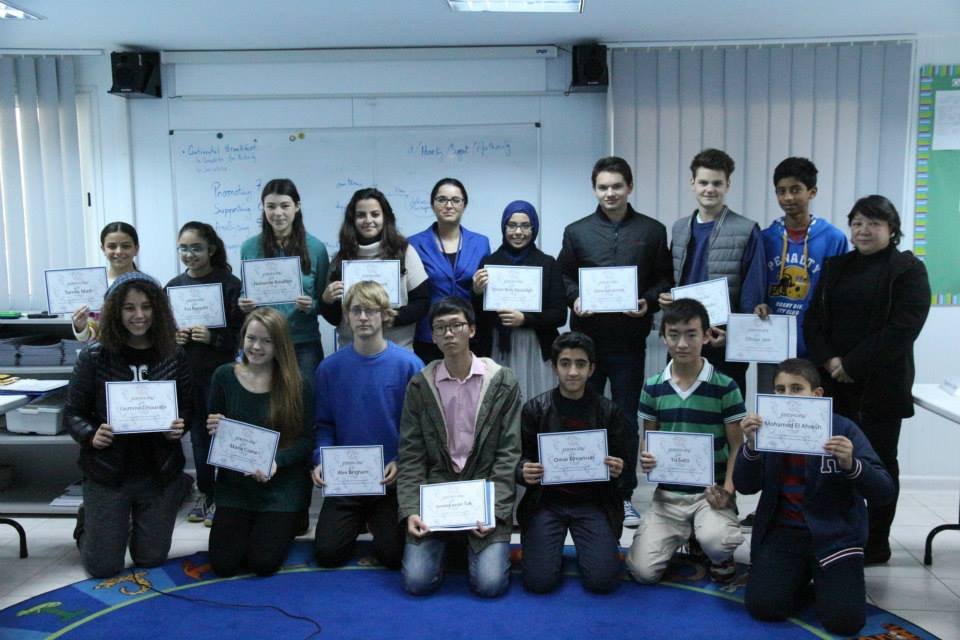Marwa Sandi’s classroom lessons (https://carefor24.org/teaching-without-the-stick/) for a handful of young Tunisian children last month marked a successful, but modest, beginning to an ambitious program. Sandi brought her gentle, encouraging teaching style to a traditional classroom setting on behalf of the nonprofit Care for 24 (https://carefor24.org/), whose respect for tradition will help them shepherd an entire generation of Tunisian children into the nontraditional world of global digital literacy.
Care for 24 founder Olfa Hamdi and the organization’s Board recognize that in Tunisia, as throughout much of North Africa and the Middle East, the skills needed for the advanced careers that can open one up to the whole world are in short supply among young people in Tunisia. In Tunisia alone, even though the country’s population is less than 12 million, 100,000 children leave school early every year. For these children, a career like the one enjoyed by Hamdi—born in Tunisia, but educated at the University of Texas and now living in Washington, D.C.—is inconceivable.
“Studying and working in the U.S. has opened my eyes to things I never dreamed about when I was a girl in Tunisia,” Hamdi says. “Those opportunities have changed my life drastically and I want other children to have the same chances.”
Yet Hamdi and Care for 24 Board know that framing the problem as something local to North Africa and the Middle East can blind those who want to solve the problem to its scope. We can focus on the gap in digital literacy and global competence between the countries sometimes said to belong to the “Global South” and those belonging to the “Global North.” However, this focus can blur our ability to see clearly that there is a gap in digital literacy and global competence between different populations within a “Global North” country like the United States.
The Virtual Exchange Community for All Children
While Care for 24’s particular concern is Tunisian children, the organization cares about the well-being of all children, as implied by the global vision of Hamdi and her Board. This is why Care for 24 is so passionate about the virtual exchange community that draws on technology to put children everywhere in contact with one another. During her week of teaching the Care for 24 curriculum, Marwa Sandi worked wonders in strengthening her pupils’ confidence and curiosity about learning. But Care for 24 is excited about the wonders to come as its curriculum incorporates more and more career and career-expanding lessons.
The Care for 24 “respect for tradition” mentioned earlier is evident in the organization’s pairing of children in specific Tunisian communities with groups of children in corresponding U.S. communities. Care for 24 will offer lessons that reach both the Tunisian and the American children where they live, in all senses.
“The part of Tunisia that I come from is called Gafsa,” Hamdi says. “Because phosphate-mining is tremendously important in Gafsa, you can find a parallel in an American city like Houston, where the extractive industry is also huge. But two hundred miles northeast in the Ariana region, which is coastal, you face toward Italy. You’re facing Europe and the West in general, perhaps implying a certain openness to the world, so a closer American parallel might be Palo Alto.”

